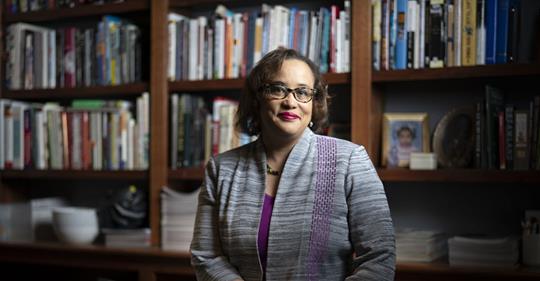
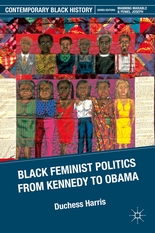
She is the author of Black Feminist Politics from Kennedy to Clinton (Palgrave Macmillan). The second edition of the book, Black Feminist Politics from Kennedy to Obama, will be released in May 2011. In a new final chapter, she discusses President Obama’s report card as it relates to Black women. You can view a snapshot of this at The Scholar and Feminist Online. She also edited a volume with Bruce Baum, Racially Writing the Republic: Racists, Race Rebels, and Transformations of American Identity (Duke University Press).
Harris was awarded a Bush Leadership Fellowship in the spring of 2009, allowing her to take an 18-month leave of absence from Macalester to complete her law degree. The Bush Leadership Program encourages its recipients to create positive change in their communities. She enhanced the William Mitchell community as the Editor in Chief of Law Raza Journal, the first interactive online race and the law journal in the country. Her editorial team launched this journal on April 23, 2010, the same day that Arizona Governor Jan 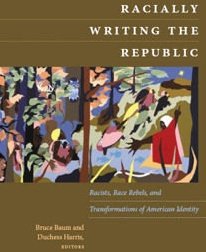 Brewer signed the Arizona Immigration Senate Bill 1070 into law.
Brewer signed the Arizona Immigration Senate Bill 1070 into law.
As Ruthie Wilson Gilmore said in her 2010 presidential address to the American Studies Association, “Infiltrate what exists, innovate what doesn’t.” Harris hopes her small innovation with this journal will contribute to a re-examination of where our legal system doesn’t provide equal protection under the laws.
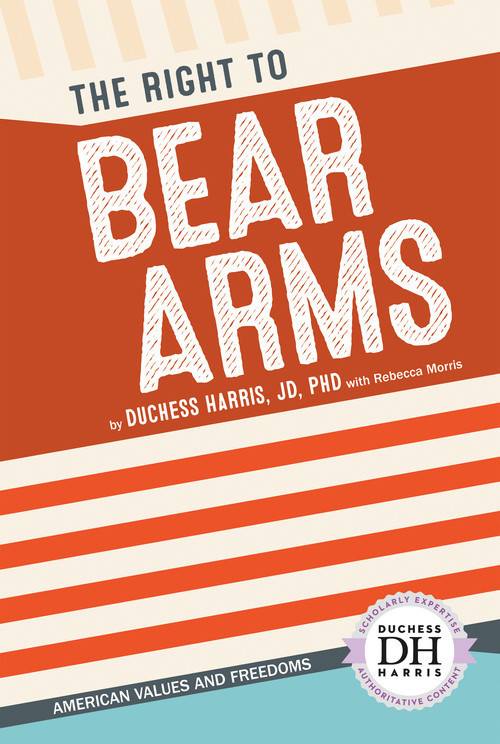
The Right to Bear Arms takes a close look at the issues involved in one of the most volatile debates on the rights of US citizens. This title from the Duchess Harris Collection examines the origins of the Second Amendment and how it has since affected the lives of Americans. http://bit.ly/2DatExG
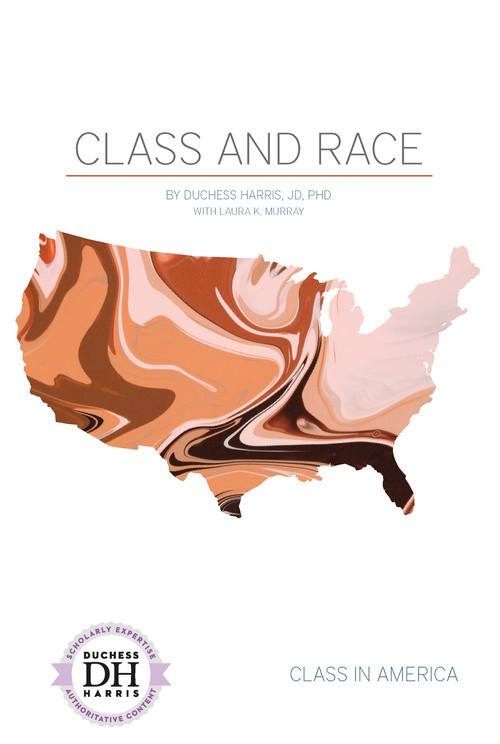
Dr. Miriam Harris
New release: Class and Race, part of the “Class in America” series from the Duchess Harris Collection. (ABDO – A Family of Educational Publishers) https://abdobooks.com/shop/show/11360
From the publisher: “Today’s American society is divided along class lines that are sometimes subtle and sometimes stark. Studying these divides involves examining subjects like income inequality, the changing economy, and the complex interactions between class and education, race, and health care. This series looks at the history of these issues, where they stand today, and how they might manifest tomorrow.”
